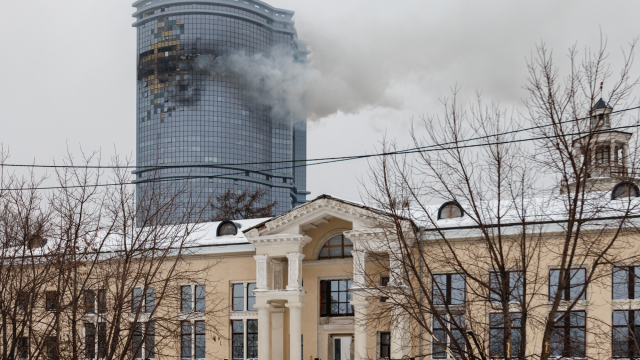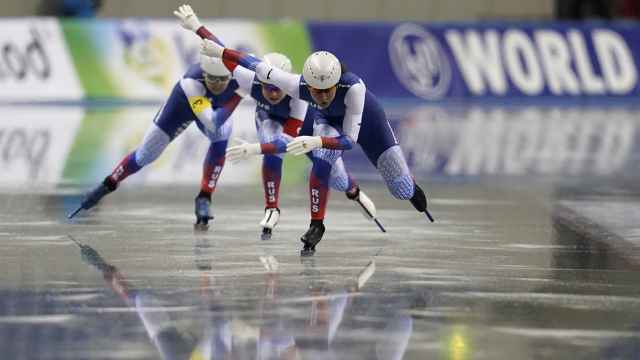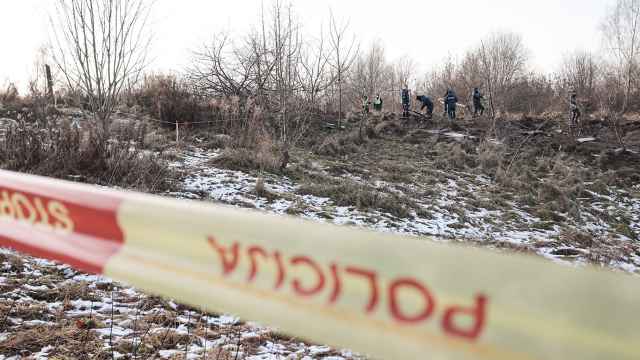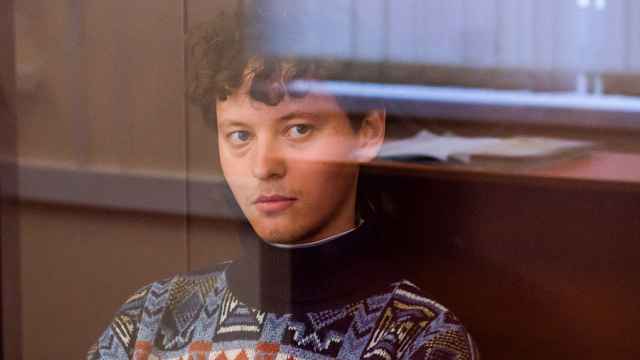BERLIN — Russia may change its budget rules to reflect the addition of Crimea and its population of about 2 million people, First Deputy Prime Minister Igor Shuvalov was quoted as saying on Thursday during a visit to Berlin.
He told a German newspaper that Crimea — the Ukrainian Black Sea territory annexed by Moscow last month — needed investment in infrastructure that could not be covered by existing funds.
Boosting Crimea's economy is vital to Russian president Vladimir Putin's hopes of keeping the support of local people.
"When a country gets 2 million new people ... which need big investments, this cannot be done by just diverting funds from existing state programs," Shuvalov was quoted as telling Die Welt, adding roads and ports required "serious investments".
Russian budget rules limit government borrowing to 1 percent of output and link spending to the long-term oil price.
"I think it's right for this rule to be changed for two million new Russian citizens in Crimea," Shuvalov said. "State debt is very low in Russia, among the lowest in Europe. I think under such conditions, we can raise it a little."
Russia has already approved an initial financial aid package to help Crimea's economy as it consolidates control of the region, which it said would be financed from the budget reserve.
But the ultimate cost of its action in Crimea, which sparked the biggest crisis in East-West relations since the Cold War, is likely to be far higher.
On Tuesday, the Russian government more than halved its economic growth forecast for 2014. Deputy Economy Minister Andrei Klepach said then that even a new "base case" scenario of 1.1 percent growth would be unattainable without extra spending, requiring "modification" of the budget rule.
Russia's finance ministry has vigorously defended the rules as a way to protect the economy from a possible fall in the oil price, but pressure is growing to shore up stagnating activity.
At a business conference in Berlin, Shuvalov said "Russia remains attractive as before for investors" but added defiantly that ratcheting up sanctions would not sway Putin and would only unite Russian society behind him.
EU Consumers Will Pay More
"The stricter the sanctions become, the more robustly Russian society will act," said Shuvalov, who held an informal meeting with German Foreign Minister Frank-Walter Steinmeier late on Wednesday, on the sidelines of the conference.
The United States and EU have imposed visa bans and asset freezes on targeted Russians and Ukrainians and say they are ready, if necessary, to implement a further round of sanctions aimed at the Russian energy sector, banking and mining.
As a result of the chill in relations, Europe is looking at ways to reduce its dependence on Russian oil and gas.
Germany is Europe's biggest gas user and Russia's most important customer, using over 80 bcm of gas a year and meeting around a third of its demand through imports from Gazprom , a share that has risen over the past 20 years.
With the EU importing about a third of its gas from Russia and accounting for three quarters of its gas exports, Shuvalov acknowledged that "Russia is more dependent on the European market than Europe is dependent on Russian supplies".
But he told reporters that diversifying away from Russian energy "will force Europeans to invest in new infrastructure to buy gas from the United States and other parts of the world".
Chancellor Angela Merkel has expressed an interest in future imports of U.S. shale gas to diversify the EU's energy sources if the infrastructure is created..
"You will pay for this more, it will mean the consumers will pay more, but Russian gas will be consumed by someone else in other regions of the world," said Shuvalov, adding that Russia always delivered on time and could not be called unreliable.
A Message from The Moscow Times:
Dear readers,
We are facing unprecedented challenges. Russia's Prosecutor General's Office has designated The Moscow Times as an "undesirable" organization, criminalizing our work and putting our staff at risk of prosecution. This follows our earlier unjust labeling as a "foreign agent."
These actions are direct attempts to silence independent journalism in Russia. The authorities claim our work "discredits the decisions of the Russian leadership." We see things differently: we strive to provide accurate, unbiased reporting on Russia.
We, the journalists of The Moscow Times, refuse to be silenced. But to continue our work, we need your help.
Your support, no matter how small, makes a world of difference. If you can, please support us monthly starting from just $2. It's quick to set up, and every contribution makes a significant impact.
By supporting The Moscow Times, you're defending open, independent journalism in the face of repression. Thank you for standing with us.
Remind me later.





